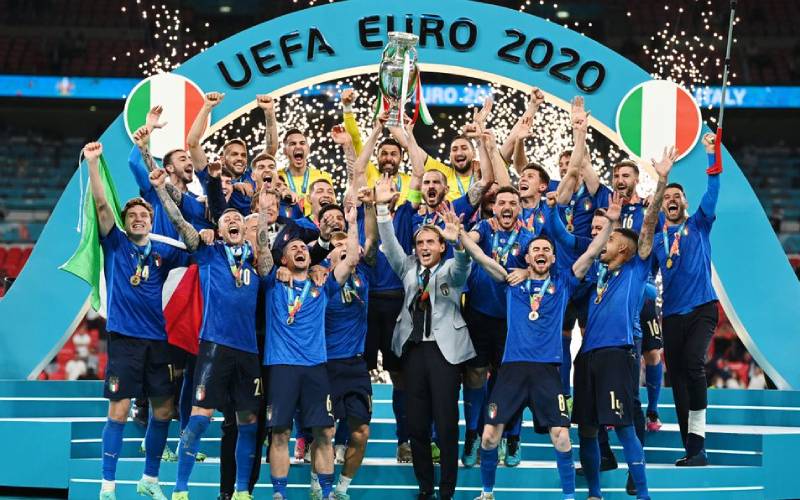×
The Standard e-Paper
Fearless, Trusted News

Wembley Stadium erupting into cheers (and jeers) as curtains came down on the Euro 2020, with a crowd of about 67,000 in the stands, was heartwarming.
This tournament, which was held over a month, was scheduled to be played in 2020 but was postponed due to the Covid-19 pandemic. In a final where England succumbed to Italy’s penalties’ masterclass, seeing a crowd that big was quite refreshing.